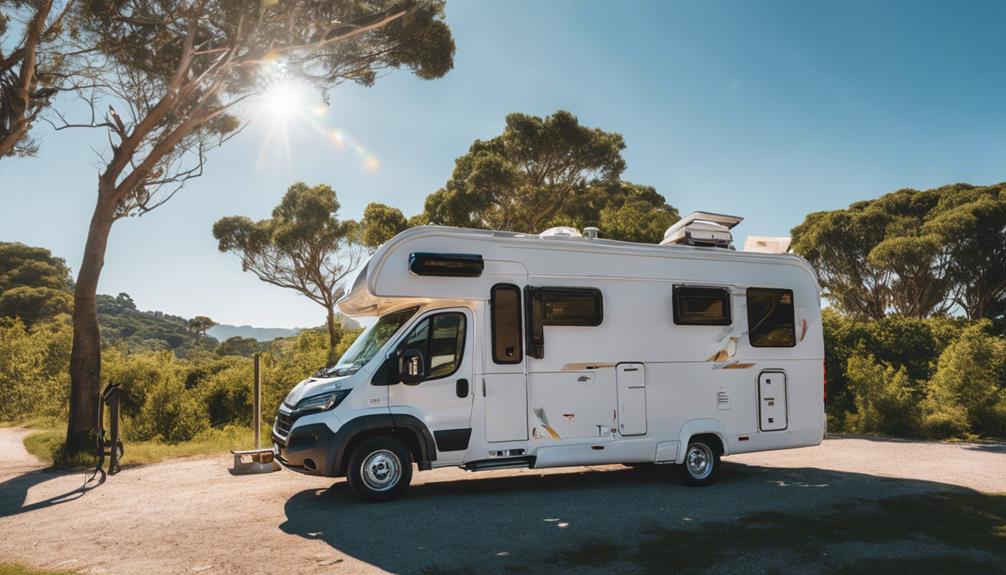
In recent years, the demand for renewable energy sources has skyrocketed, and solar energy has emerged as one of the most popular options. If you’re considering harnessing solar power for your 12V battery system, understanding how to choose the right solar panel is crucial. This comprehensive guide will explore the essential factors to consider, the types of solar panels available, installation tips, and much more.
Understanding Solar Panels and Their Importance for 12V Battery Systems
Solar panels convert sunlight into electricity, making them an essential component for powering various applications. When it comes to 12V battery systems, solar panels can charge and maintain the battery, ensuring it provides a reliable power source for devices such as RVs, boats, and off-grid homes. The importance of selecting the right solar panel for a 12V battery system cannot be overstated; the efficiency and capacity of the panel directly impact how effectively the battery can be charged and how long it will last.
Key Factors to Consider When Choosing a Solar Panel for 12V Batteries
When selecting a solar panel for your 12V battery, several key factors should be taken into account. These include the wattage of the panel, the efficiency rating, the type of solar cells (monocrystalline, polycrystalline, or thin-film), and the physical size of the panel. A higher wattage panel will charge your battery more quickly, while a more efficient panel will produce more electricity in limited sunlight. Additionally, the type of solar cell affects both the performance and cost of the panel, so it’s essential to choose one that aligns with your specific needs.
The Best Types of Solar Panels for 12V Battery Charging
In the market today, you will encounter three main types of solar panels suitable for charging 12V batteries: monocrystalline, polycrystalline, and thin-film panels. Monocrystalline panels are known for their high efficiency and space-saving designs, making them ideal for small areas. Polycrystalline panels, while slightly less efficient, are often more affordable and perform well in various conditions. Thin-film panels are lightweight and flexible, making them suitable for unconventional spaces, but they generally require more area to generate the same amount of power as crystalline panels. Understanding these types can help you make an informed decision.
How to Calculate the Right Wattage for Your Solar Panel
Calculating the appropriate wattage for your solar panel is critical for ensuring your 12V battery system operates efficiently. To determine the required wattage, consider the total watt-hours your devices consume daily. For instance, if your devices collectively use 600 watt-hours per day, you will need a solar panel that can produce enough energy to meet this need. As a general rule, you can divide your daily watt-hour requirement by the average sunlight hours your location receives to find the necessary wattage. Remember to factor in inefficiencies and potential losses to avoid undercharging your battery.
Best Practices for Installing Solar Panels for 12V Battery Systems
Proper installation of solar panels is essential for maximizing their efficiency and lifespan. When installing solar panels for a 12V battery system, ensure they are placed in a location that receives maximum sunlight without obstruction from trees or buildings. Additionally, the angle and orientation of the panels can significantly affect their performance. A general guideline is to tilt the panels at an angle equal to your latitude for optimal sun exposure. Make sure to use appropriate mounting brackets and secure wiring to prevent any damage or disconnections.
Maintaining Your Solar Panel and 12V Battery System
To ensure the longevity and efficiency of your solar panel and 12V battery system, regular maintenance is vital. Depending on your environment, dirt, dust, and debris can accumulate on solar panels, reducing their efficiency. Cleaning the panels with a soft cloth and mild soap periodically can help maintain optimal performance. Additionally, regularly check the battery’s water levels (if it’s a lead-acid type) and inspect for any signs of corrosion or wear in the wiring. Proper maintenance can significantly extend the life of both your solar panel and battery.
Cost Considerations: What to Expect When Buying a Solar Panel for Your 12V Battery
The cost of solar panels can vary significantly based on their type, wattage, and brand. Generally, monocrystalline panels tend to be more expensive than polycrystalline panels due to their higher efficiency and performance. Budgeting for your solar panel purchase should also include other components such as charge controllers, mounting hardware, and installation costs. While the upfront investment can be substantial, keep in mind that solar energy can lead to long-term savings on electricity bills and reduce your carbon footprint.
Conclusion: Embracing Solar Energy for Your 12V Battery Needs
Investing in a solar panel for your 12V battery system is a step towards sustainable energy use and independence. By understanding the various types of solar panels available, calculating your energy needs, and ensuring proper installation and maintenance, you can create an efficient solar power solution. As technology continues to advance, solar energy will only become more accessible and efficient, making it an ideal choice for anyone looking to harness the power of the sun. Whether you’re powering an RV, a boat, or an off-grid home, the right solar panel can make all the difference in your energy journey.





